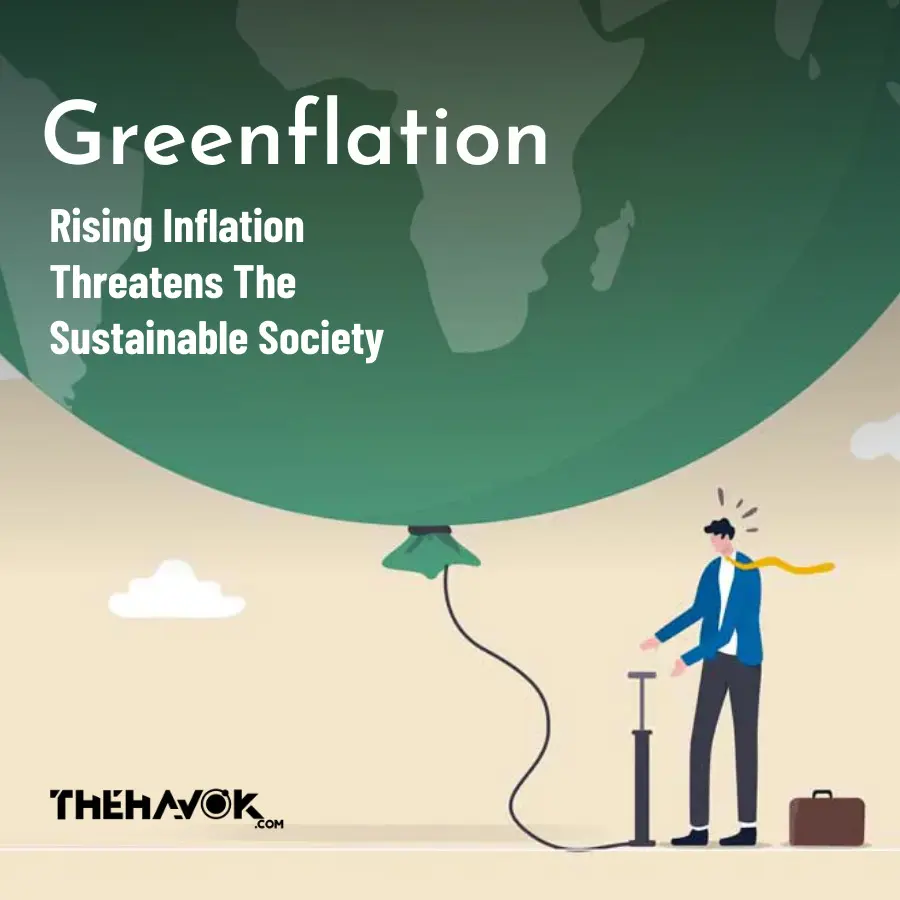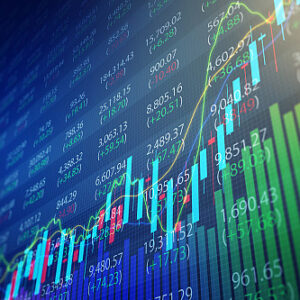
To combat rising inflation , the European Central Bank should focus on greedflation and not just wage growth, which is cited as one of the main causes of high price increases. This is the opinion of many economists following the new 25 basis point rise in interest rates and the further tightening that President Christine Lagarde has announced for the month of July. The ECB is zealously watching the labor market and seems to have overlooked the issue of high corporate margins.
Greedflation: what is greed inflation
Economists are worried by the attitude of the Central Bank and by the monetary policy of the Eurotower: in the face of declining wages, workers, blamed for the race of inflation, are asked to bear the higher cost of prices, while greedflation has now faded into the background. But what exactly is meant by greed inflation ? Along with shrinkflation, i.e. the technique of selling less quantity of a certain product but always at the same cost, greedflation is a pricing strategy that companies implement in periods of high inflation.
Firms, although their production costs have not increased, increase the prices of their products to take advantage of inflation and increase the profit margineven though you don’t really need it. In an inflationary environment, consumers are unaware of the increases and “accept” an inflated price. Four peculiar examples of greedflation occurred in 2023 on eggs (in one year the price increased by 49% in Europe and by 60% in the United States), cereals (the war slowdown in Ukraine provided the opportunity for increases of 60-70%), the disinfectant Lysol (up to +5% in the USA, complete with a fine for the distributor Quality King for an unjustified increase) and the car market: used cars recorded increases of 30%, on new the average increases in two years are between 8% and 13%.
We are faced with an inflation produced by sellers: taking advantage of increases in energy and raw materials, companies that have power on the market raise their prices by implicitly agreeing with their competitors. It is what in the Anglo-Saxon world is defined as tacit collusion , a tacit collusion . In this way, companies, thanks to the lack of strong competition, make extraordinarily high corporate profits, but with the risk that they themselves fuel inflation. Moreover, greedflation does not concern only the arbitrary increases in the prices of products boasting the crisis of energy and raw materials. In many cases, entrepreneurs apply the greed-inflation strategy to raise their own wages, to the detriment of the market context and of workers, whose wages increase less than inflation and who find themselves with reduced spending power.
How greedflation works
Numerous economists have been pointing out for some time that the increase in corporate profits is much more decisive than wage increases in the significant increase in prices. The operation of this strategy is quite simple: when the causes that initially determined inflation disappear, companies do not bring product prices back to their previous state unless their competitors do so. The increases are therefore maintained over time through careful monitoring using pricing tools. An example is that of petrol stations: if an area has several pumps nearby, the operators are forced to reduce prices as soon as oil drops; if there is only one petrol station in the area and motorists have to travel more kilometers to find another one, the drop in price will be slower.
In the financial statements of listed companies, flames have emerged in turnover and above all in operating results. On the other hand, SMEs and smaller companies, i.e. those that have less negotiating power, suffer. The practice of greed inflation varies across different sectors, with significant differences between consumer goods and luxury goods, but sooner or later it is bound to be discovered by consumers: the flip side is a contraction in sales and damage to the corporate image. On the other hand, according to Eurostat and Refinitiv data for the first quarter of 2023, unit labor costs – the ratio between employees’ wages and labor productivity – have increased more slowly than prices, while large companies of the euro area recorded aoperating margin of 10.1% , up nearly a fifth from pre-pandemic.
The reaction of the ECB and the criticisms of economists
Christine Lagarde pointed out that the “relatively high” profits of companies that sell to citizens have occurred “especially where demand has exceeded supply”. The problem behind high inflation despite sluggish economic growth, according to the ECB president, is productivity and unit labor costs. Economists, however, disagree with this view.
“The ECB, despite hopes to the contrary, doesn’t really want to talk about earnings and keeps blaming workers for inflation and asking them to continue bearing the distributive impact,” commented Daniela Gabor, professor of Economics and Macrofinance at the University of West England in Bristol. “Raising rates decreases demand and, consequently, production: if companies do not fire workers immediately, this decrease in production will result in lower productivity per employee and therefore an increase in costs and prices. So a policy that aims to reduce inflation contributes to its persistence, at least in the short term”, explained Eric Dor , professor at the IESEG School of Management in Paris.
Journalist Will Daniel analyzed in Fortune magazine a study by Albert Edwards, global strategist of Société Générale, on the phenomenon of greedflation: this technique has gone too far and if it continues like this, it could represent “the end of capitalism “. Daniel estimates that the 500 most important American companies, those included in the Fortune 500 list , generated 1.8 trillion dollars in profit on 16.1 trillion in turnover in the last year. “It’s a huge issue that lawmakers won’t be able to ignore for long,” Edwards added.
From the ECB’s perspective, companies will start absorbing higher labor costs from 2024. At that point, corporate earnings will stop contributing to inflation and there will be a decisive turnaround in price increases . But it’s always Dor who issues a warning. “If competition in many sectors is imperfect enough for firms to have large market power, they may choose, even in a recession, to offset the decline in sales volume by raising their selling prices, to maintain their global profits,” warned the economist. The MEPs of the S&D Group (Socialists and Democrats), authors of an accurate study on the phenomenon, call on the European Commission to introduce a “vulnerable consumer standard” to apply competition law in a more targeted way and avoid that “a price increase in yachts or Rolex watches is treated with the same priority as a price increase price of bread or heating”.


